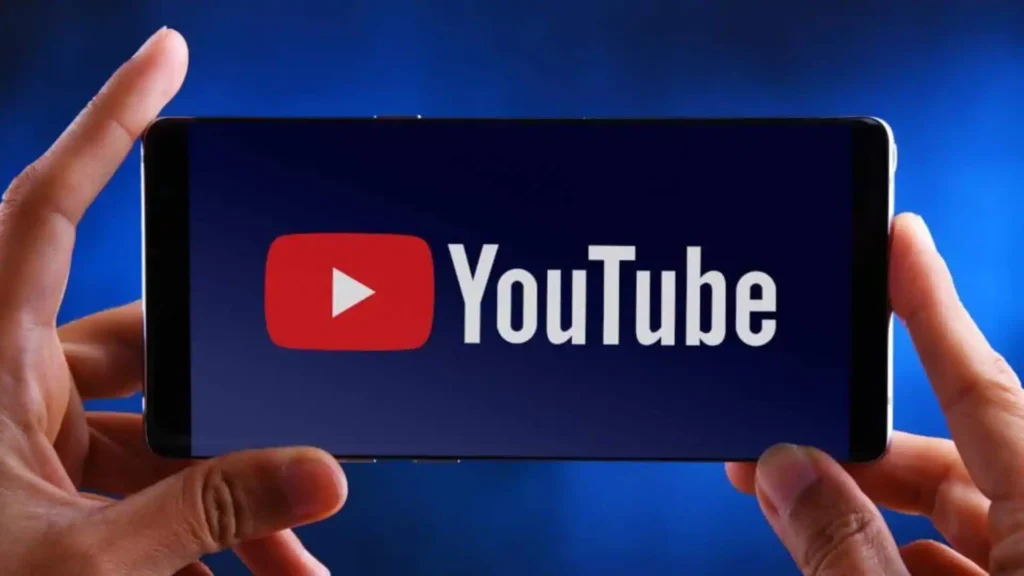ArdorComm Media News Network
July 11, 2025
YouTube is set to roll out stricter guidelines aimed at curbing monetization of inauthentic, repetitive, or mass-produced videos — a move largely prompted by the surge in AI-generated content flooding the platform.
Effective July 15, YouTube will update its YouTube Partner Program (YPP) monetization policies, offering clearer definitions of what qualifies as “authentic” content and what doesn’t. While the precise wording of the policy update has yet to be published, YouTube’s Help Center now emphasizes that the platform has always required creators to post original content to be eligible for earnings.
The upcoming changes, according to YouTube’s Head of Editorial & Creator Liaison Rene Ritchie, are intended to clarify rather than overhaul policy. In a recent video message, Ritchie reassured creators that widely accepted formats such as reaction videos or content that includes reused clips won’t be affected. He called the update a “minor” revision to existing rules, specifically targeting mass-produced, low-value content that viewers often flag as spam.
However, the broader context paints a more urgent picture. As generative AI tools become more accessible, platforms like YouTube have seen an influx of low-effort, AI-generated videos. These range from automated voiceovers layered on stock images or video snippets, to full AI-generated true crime series and even fabricated news updates that have gained millions of views. Some AI-based music channels boast massive followings, despite questions about originality and authenticity.
One notable example includes an AI-generated crime series that went viral, later revealed by 404 Media to be entirely machine-made. Even YouTube CEO Neal Mohan was recently featured in a deepfake scam, underlining how pervasive — and potentially harmful — this technology has become.
Though YouTube insists the July update is a clarification rather than a policy shift, the underlying motive is clear: prevent the platform from being overrun by AI-created “slop” that could undermine its integrity and trust with viewers. By implementing these revised guidelines, YouTube aims to draw a firm line against inauthentic content, making it easier to deny monetization and, if necessary, remove offending creators from the Partner Program altogether.
As AI tools continue to evolve, platforms like YouTube are being forced to adapt quickly — ensuring that content quality and originality remain at the core of their ecosystems.
Source: TechCrunch


